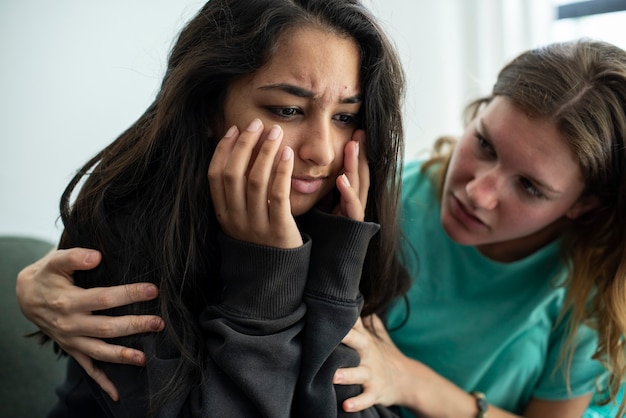How to Help a Teen with Social Anxiety
Supporting a teen with social anxiety? Discover effective strategies and build a strong support system for their journey.

Understanding Social Anxiety in Teens
Social anxiety is a common mental health concern among adolescents, impacting their ability to navigate social interactions and causing significant distress. In this section, we will explore the prevalence of social anxiety in adolescents, the signs and symptoms to look out for, and the risk factors associated with social anxiety in teens.
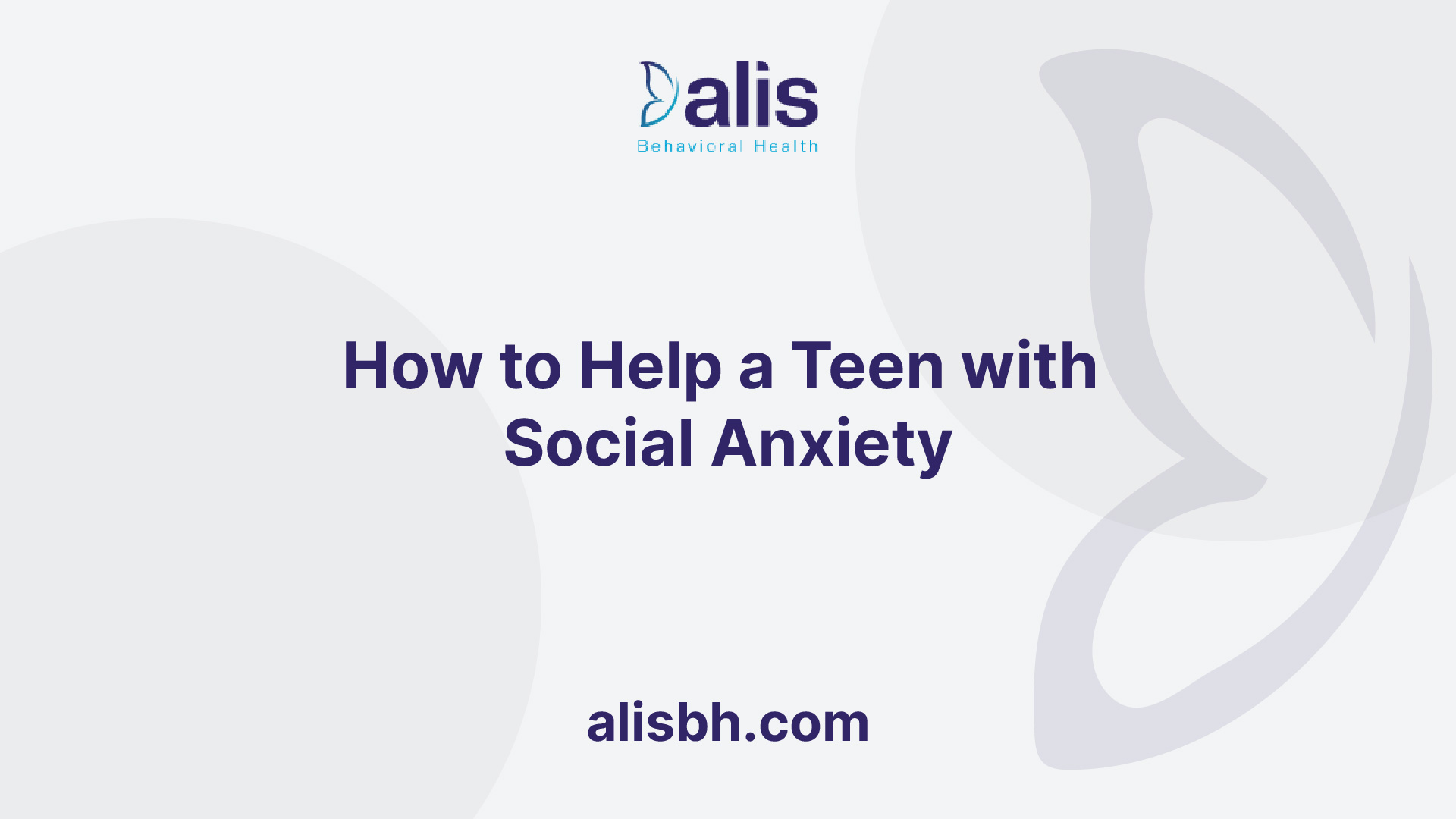
Prevalence of Social Anxiety in Adolescents
Social anxiety disorder (SAD) affects a significant number of teenagers, with approximately 1 out of 3 adolescents between the ages of 13 and 18 experiencing this condition. In the United States alone, over 19 million people suffer from SAD, making it the most common anxiety disorder and the third most common mental health disorder in the country.
Signs and Symptoms of Social Anxiety
Teens with social anxiety often experience intense worry and fear related to social interactions. They may avoid social situations altogether or endure them with extreme distress. Common signs and symptoms of social anxiety in adolescents include:
- Extreme self-consciousness
- Fear of negative evaluation or judgment
- Avoidance of social situations
- Diminished relationships
- Withdrawal and isolation
- Intense worry about upcoming social situations, causing distress days or even weeks in advance.
It's important to note that social anxiety can manifest with physical symptoms as well, such as a fast heartbeat, rapid breathing, shaking, sweating, blushing, nausea, avoiding eye contact, or feeling like the mind has gone blank.
Risk Factors for Social Anxiety in Teens
Several factors contribute to the development of social anxiety in teenagers. These include:
- Genetics: Having a first-degree family history of social anxiety disorder can increase the risk of developing the condition.
- Brain Chemistry: Imbalances in brain chemistry, particularly involving neurotransmitters like serotonin, may contribute to the development of social anxiety disorder.
- Trauma: Experiencing long-term stress or trauma, such as bullying or abuse, can increase the likelihood of developing social anxiety disorder.
During early adolescence, teenagers become increasingly aware of their peers' perceptions and evaluations, which can contribute to the emergence of social anxiety. The fear of negative evaluation, extreme self-consciousness, and avoidance of social situations are common manifestations during this period.
Understanding the prevalence, signs, symptoms, and risk factors associated with social anxiety in teens is crucial for identifying and providing much-needed support to adolescents struggling with this condition.
Treatment Options for Teens with Social Anxiety
When it comes to supporting teens with social anxiety, there are several treatment options available that can help them overcome their challenges and live a fulfilling life. The following section explores three commonly used approaches: Cognitive Behavioral Therapy (CBT), Exposure Therapy, and Medication for social anxiety.
Cognitive Behavioral Therapy (CBT)
Cognitive Behavioral Therapy (CBT) is the most commonly used approach in treating social anxiety disorder in teens. It helps teenagers understand the connection between their thoughts, feelings, and behaviors, providing them with tools and skills to manage their thoughts and choose healthier behaviors.
During CBT sessions, teens work with a therapist to identify negative thought patterns and beliefs that contribute to their social anxiety. They then learn techniques to challenge and reframe these thoughts, replacing them with more positive and realistic ones. Additionally, CBT equips teens with coping strategies and social skills to navigate social situations with greater ease and confidence.
Exposure Therapy
Exposure therapy is another effective psychotherapeutic approach for teens with social anxiety. Although not as common as CBT, exposure therapy can help teens gradually face their fears in a safe and controlled environment. This therapy involves systematically exposing teens to anxiety-provoking social situations, allowing them to learn strategies for managing fear and gradually become more comfortable in similar situations.
By repeatedly exposing themselves to these situations, teens learn that their anxiety decreases over time, and they gain confidence in their ability to handle social interactions. Exposure therapy is often conducted with the guidance of a therapist who supports and guides the teen throughout the process.
Medication for Social Anxiety
In some cases, medication may be prescribed to help manage the symptoms of social anxiety disorder. Selective serotonin reuptake inhibitors (SSRIs) are commonly used medications for persistent social anxiety symptoms. Medications like paroxetine (Paxil) or sertraline (Zoloft) are often the first-line treatment options.
These medications work by increasing the levels of serotonin in the brain, which can help regulate mood and reduce anxiety symptoms. It's important to note that medication should always be prescribed and monitored by a qualified healthcare professional, and it may take several weeks to months for symptoms to improve.
The choice of treatment for teens with social anxiety may vary depending on individual needs, severity of symptoms, and professional recommendations. In many cases, a combination of therapies, such as CBT and exposure therapy, along with medication, may provide the most comprehensive and effective approach to managing social anxiety in teens. It's essential to involve a healthcare professional to determine the most suitable treatment plan for each individual.
Strategies to Support Teens with Social Anxiety
Supporting teens with social anxiety requires a multifaceted approach that addresses their emotional well-being and equips them with effective coping strategies. Here are some strategies that can help teens manage their social anxiety:
Breathing Exercises for Anxiety Management
Practicing breathing exercises can be a valuable tool for teens with social anxiety to manage their anxiety in the moment. Deep breathing techniques, such as diaphragmatic breathing or box breathing, can help calm the body and mind, reducing the intensity of anxiety symptoms. Encouraging teens to take slow, deep breaths and focus on their breath can provide a sense of control and relaxation, enabling them to navigate challenging social situations with greater ease [5].
Desensitization Techniques for Facing Fears
Desensitization techniques, commonly used in cognitive therapy, involve gradually exposing teens with social anxiety to triggering situations. By facing their fears in a controlled and supportive environment, teens can learn coping tools and gradually reduce the impact of triggers. This process requires repetition, patience, and guidance from a mental health professional or therapist who specializes in cognitive-behavioral therapy.
Promoting Positive Thinking
Encouraging positive thinking can be a powerful tool in reducing social anxiety. Negative self-talk and distorted thinking patterns often contribute to heightened anxiety levels. By challenging negative thoughts and replacing them with more realistic and positive ones, teens can shift their mindset and reduce their overall anxiety. Promoting self-compassion, focusing on strengths, and acknowledging achievements can help teens build resilience and develop a more positive outlook on social situations. This can be achieved through cognitive-behavioral therapy techniques and by fostering a supportive and nurturing environment.
By incorporating these strategies into the support system of teens with social anxiety, it is possible to empower them to manage their anxiety effectively. It is important to remember that each teen is unique, and what works for one individual may not work for another. Seeking professional help from a mental health therapist who specializes in treating social anxiety in adolescents can provide tailored guidance and support throughout the journey of managing social anxiety.
Building a Support System for Teens with Social Anxiety
Teens with social anxiety often struggle with feelings of isolation and may find it challenging to navigate social situations. Building a strong support system can be instrumental in helping them manage their anxiety and thrive. Support groups can play a crucial role in providing understanding, guidance, and a sense of belonging. In this section, we will explore the benefits of support groups, how to find a suitable one, and the availability of online support groups for teens.
The Benefits of Support Groups
Support groups bring together individuals who have similar experiences, providing a safe and non-judgmental space to share personal stories, coping strategies, and information about treatments. For teens with social anxiety, participating in a support group can offer a sense of understanding and support from others who have shared experiences. It allows them to feel less alone in their struggles and gain insights from those who have faced similar challenges.
Some benefits of support groups for teens with social anxiety include:
- Being part of a community with a common purpose
- Sharing similar feelings and worries
- Gaining a sense of belonging and acceptance
- Discussing treatment decisions and strategies
- Feeling understood and supported
Finding a Suitable Support Group
Finding the right support group is crucial to ensure that teens with social anxiety receive the maximum benefits. It's essential to ask specific questions before joining a group to understand how it is organized and led. Some things to consider include:
- Group structure: Different support groups may have varying formats, such as face-to-face meetings, teleconferences, or online communities. Understanding the structure can help determine which format aligns best with the teen's preferences and comfort level.
- Group facilitators: Support groups can be led by individuals who share the group's common experience or by professional facilitators like nurses, social workers, or psychologists. Knowing who leads the group can provide insights into the level of expertise and guidance available.
- Group dynamics: It's important to be aware of any red flags that may indicate a problematic support group. Look for signs of inclusivity, respect, and confidentiality within the group. A supportive and non-judgmental environment is essential for teens to feel comfortable sharing their experiences.
Online Support Groups for Teens
In today's digital age, online support groups offer a convenient and accessible option for teens with social anxiety. These groups provide the opportunity to connect with others who understand and empathize with their struggles. Online support groups can be accessed from the comfort of their own homes, allowing teens to participate without the added stress of face-to-face interactions.
However, it's crucial to consider the potential risks associated with online support groups. Misinformation, lack of confidentiality, and limited emotional cues can be some of the drawbacks. It's essential for teens and their parents to evaluate the credibility and safety of online groups before joining, ensuring that the platform and its members adhere to ethical guidelines.
By building a support system that includes support groups, teens with social anxiety can find solace, understanding, and guidance. Whether through in-person or online communities, these groups offer opportunities for growth, learning, and connection. It's important to encourage and support teens in seeking out the support they need to manage their social anxiety effectively.
Helping Teens with Social Anxiety Thrive
Supporting teens with social anxiety requires understanding, patience, and a collaborative approach. By implementing certain strategies, both teens and their support system can work together to help them thrive in various social situations.
Patience and Practicing New Skills
Dealing with social anxiety requires patience, courage to face fears and try new things, and the willingness to practice. It's important for parents, caregivers, and educators to be patient with teens as they navigate their anxiety. Encourage them to take small steps towards facing their fears and provide positive reinforcement for their efforts. By gradually exposing themselves to anxiety-triggering situations, teens can learn to manage fear, build confidence, develop coping skills, and reduce avoidance.
Encourage teens to practice new skills that can help them navigate social situations. This may include role-playing scenarios, teaching them effective communication strategies, and providing guidance on how to initiate and maintain conversations. By practicing these skills in a safe and supportive environment, teens can gain confidence and feel more prepared to face real-life social interactions.
Recognizing the Fight-or-Flight Response
Social anxiety is characterized by a fear response to situations that are not actually dangerous, triggering the body's "fight or flight" response. This can lead individuals to interpret physical symptoms of anxiety, such as a pounding heart, as dangerous, causing them to avoid certain situations [2]. It's important for teens and their support system to recognize these physical manifestations and understand that they are a result of anxiety, rather than an actual threat.
Educate teens about the fight-or-flight response and help them understand that these physical symptoms are a natural reaction to anxiety. Teach them grounding techniques, such as deep breathing exercises or mindfulness exercises, to help manage their anxiety symptoms in the moment. By recognizing and acknowledging their physical response, teens can learn to regulate their emotions and reduce the impact of anxiety on their daily lives.
Seeking Professional Help for Social Anxiety
Supporting teens with social anxiety may require the involvement of a mental health professional. Seeking professional help through a therapist or doctor can provide additional support in recognizing and managing social anxiety symptoms, including physical manifestations and emotional discomfort. A therapist can work with the teen to develop personalized coping strategies, provide guidance on challenging negative thought patterns, and offer a safe space for discussing their fears and concerns.
In some cases, medication may be prescribed by a doctor to help reduce anxiety symptoms. It's important for teens and their families to have open and honest discussions with healthcare professionals to determine the most appropriate course of treatment.
By implementing these strategies and seeking professional help when needed, teens with social anxiety can develop the necessary skills to navigate social situations with confidence and thrive in various aspects of their lives.
References
- [1]: https://polaristeen.com/articles/social-anxiety-in-teens/
- [2]: https://kidshealth.org/en/teens/social-phobia.html
- [3]: https://mcdowallhealth.com/blog/understanding-and-supporting-adolescents-with-social-anxiety/
- [4]: https://www.mayoclinic.org/diseases-conditions/social-anxiety-disorder/diagnosis-treatment/drc-20353567
- [5]: https://cbtpsychology.com/7-tips-teens-with-social-anxiety/
- [6]: https://www.mayoclinic.org/healthy-lifestyle/stress-management/in-depth/support-groups/art-20044655
Similar articles










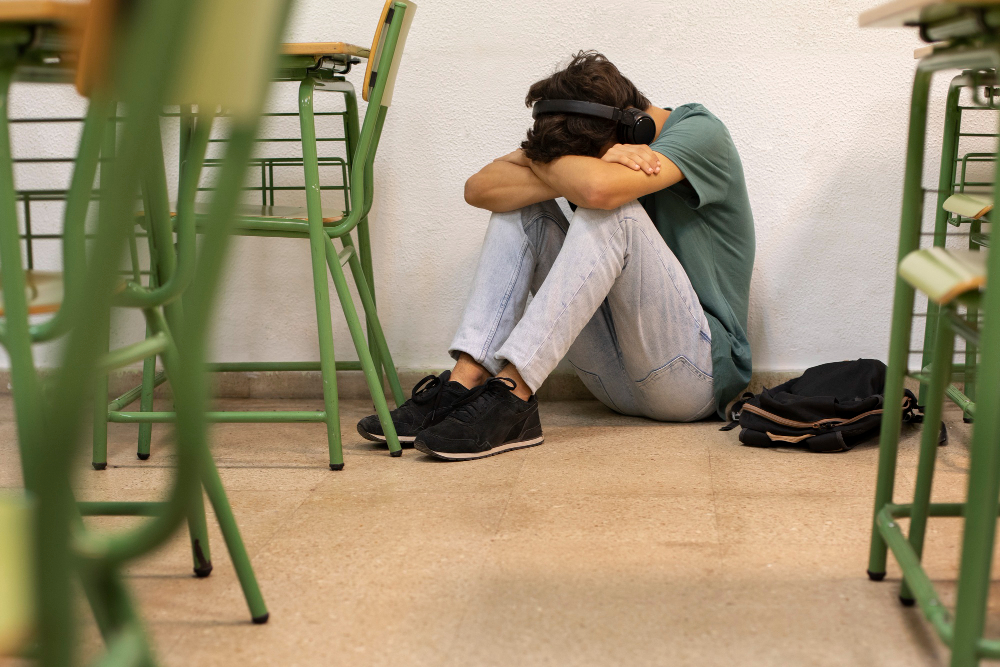






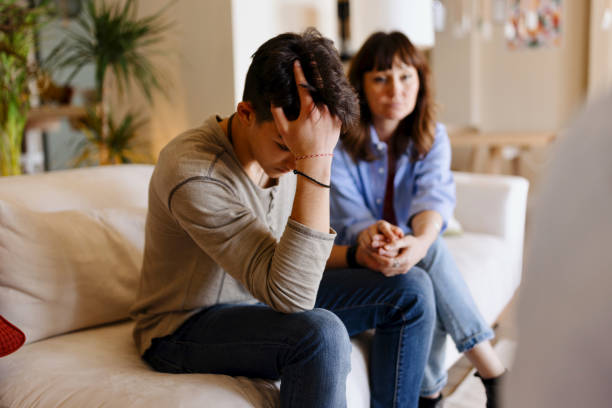
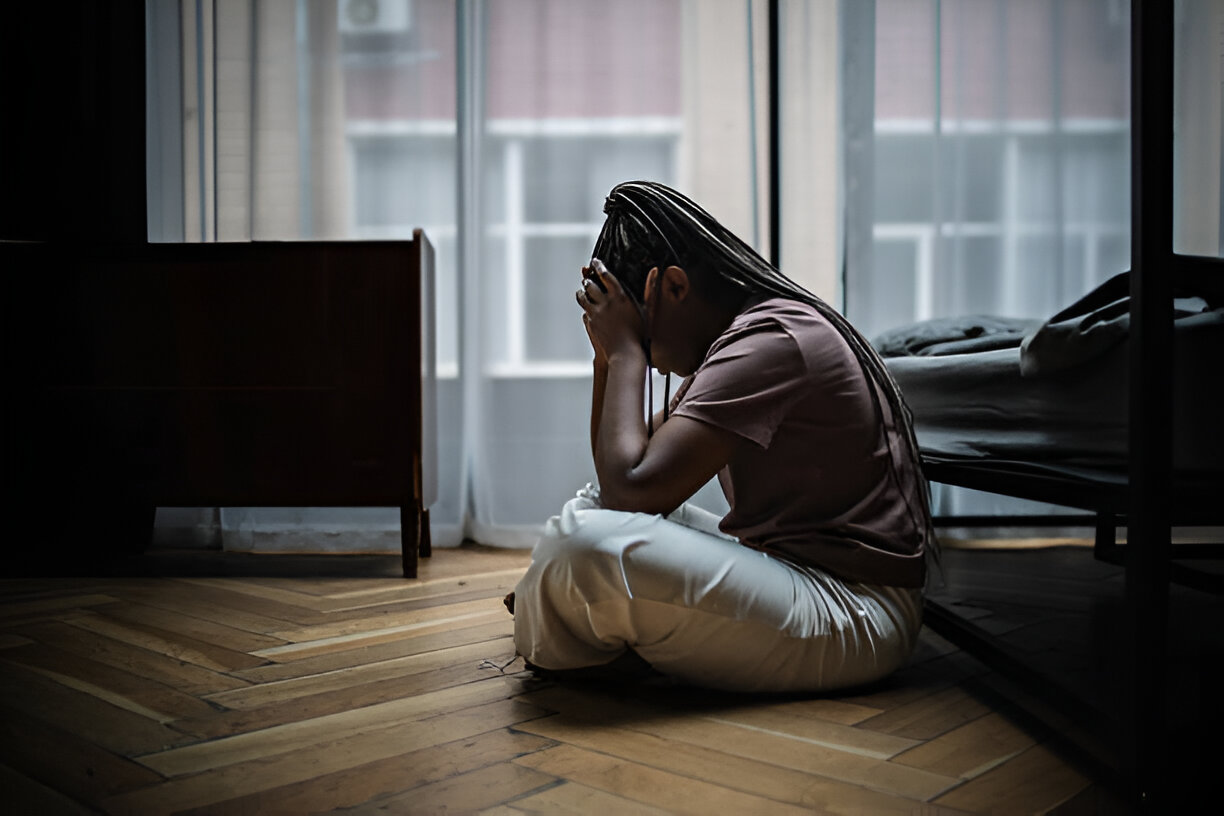


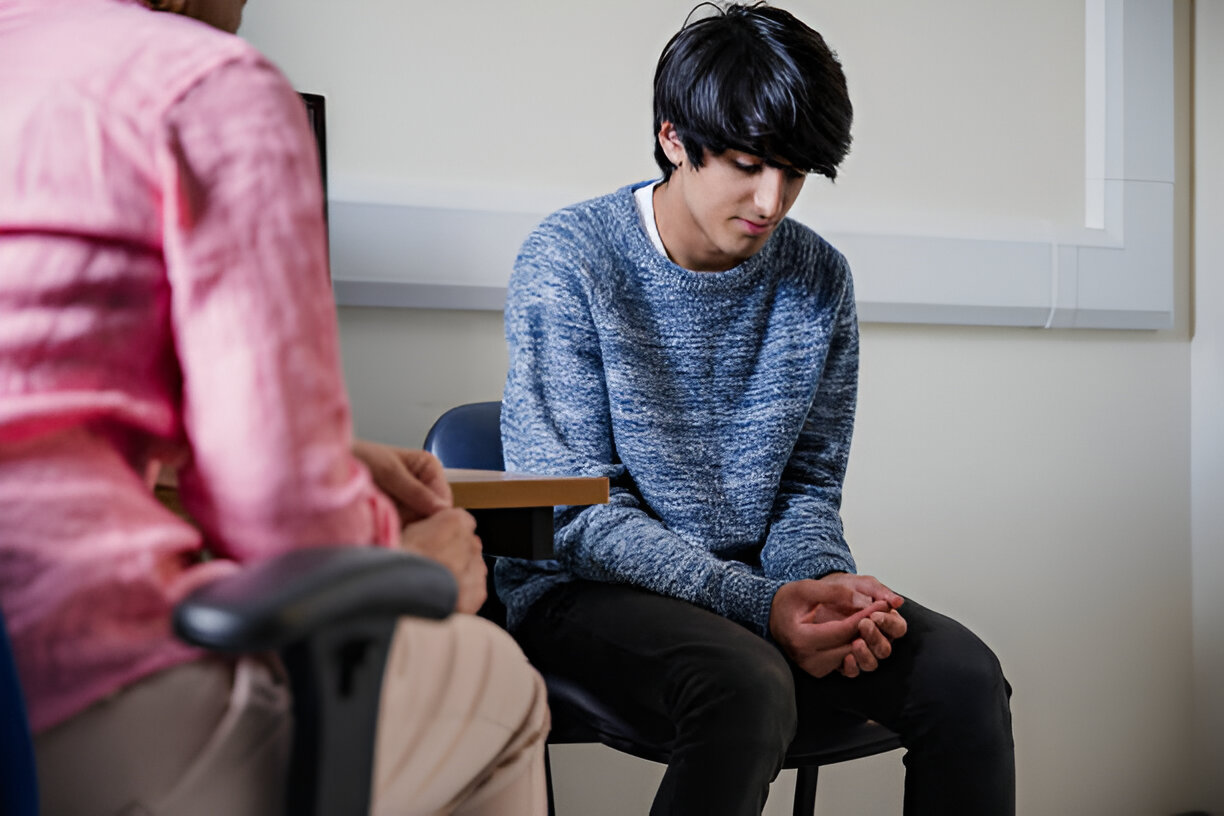


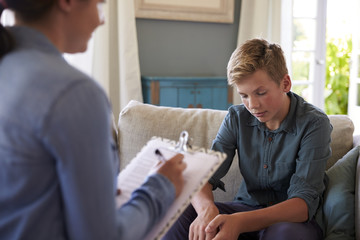



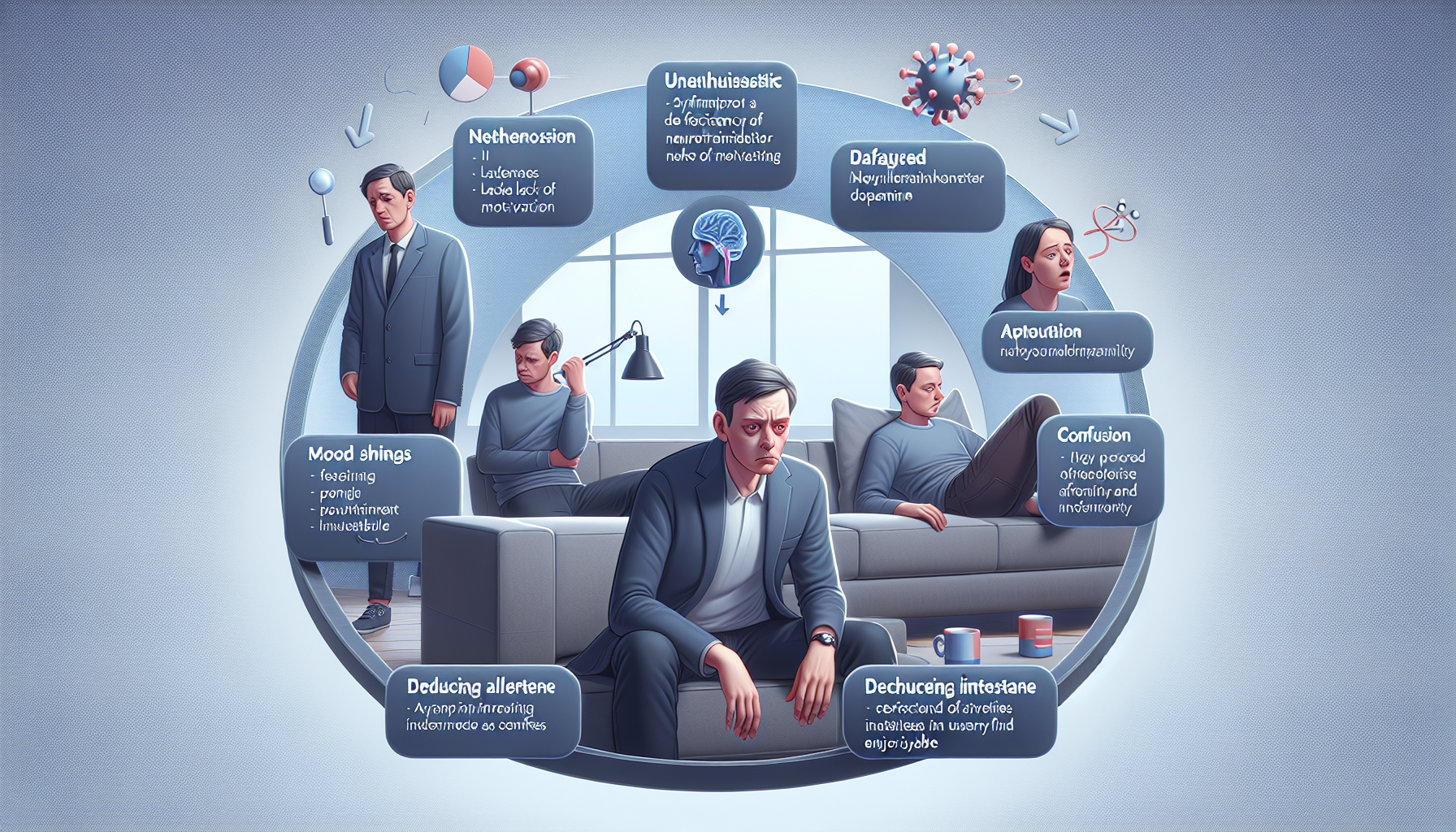



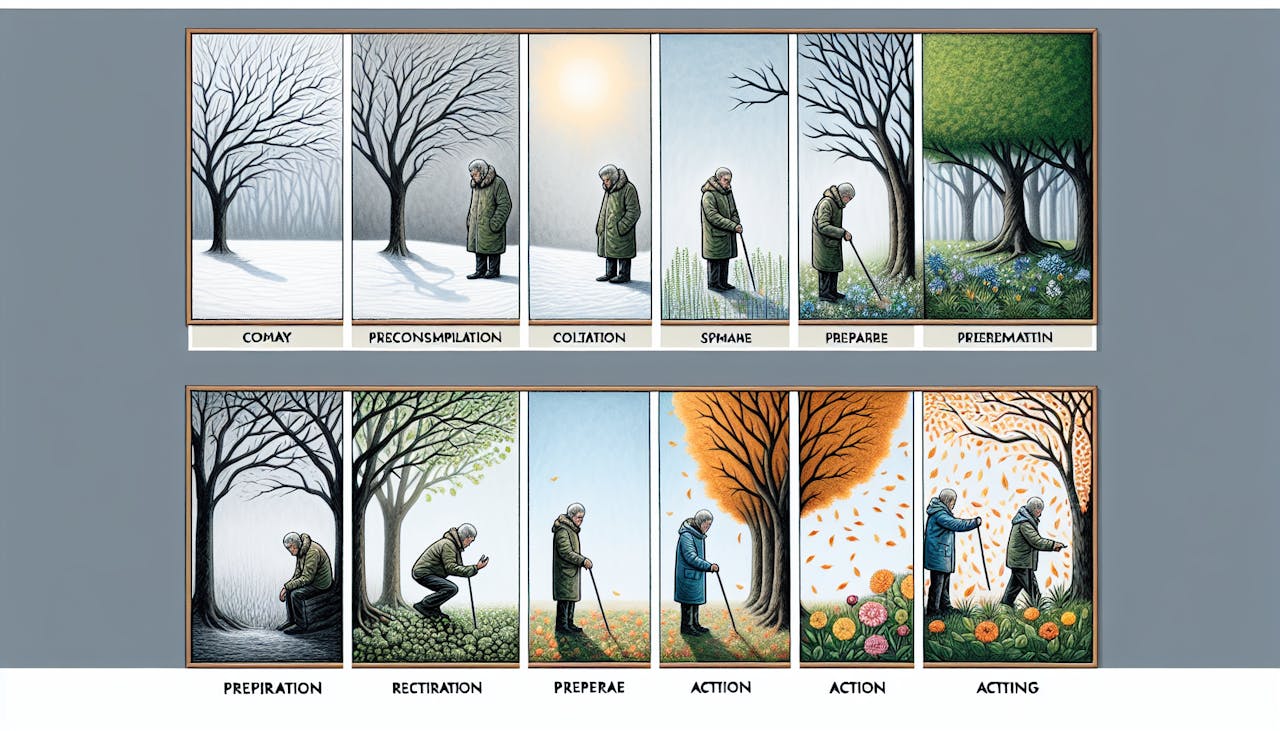






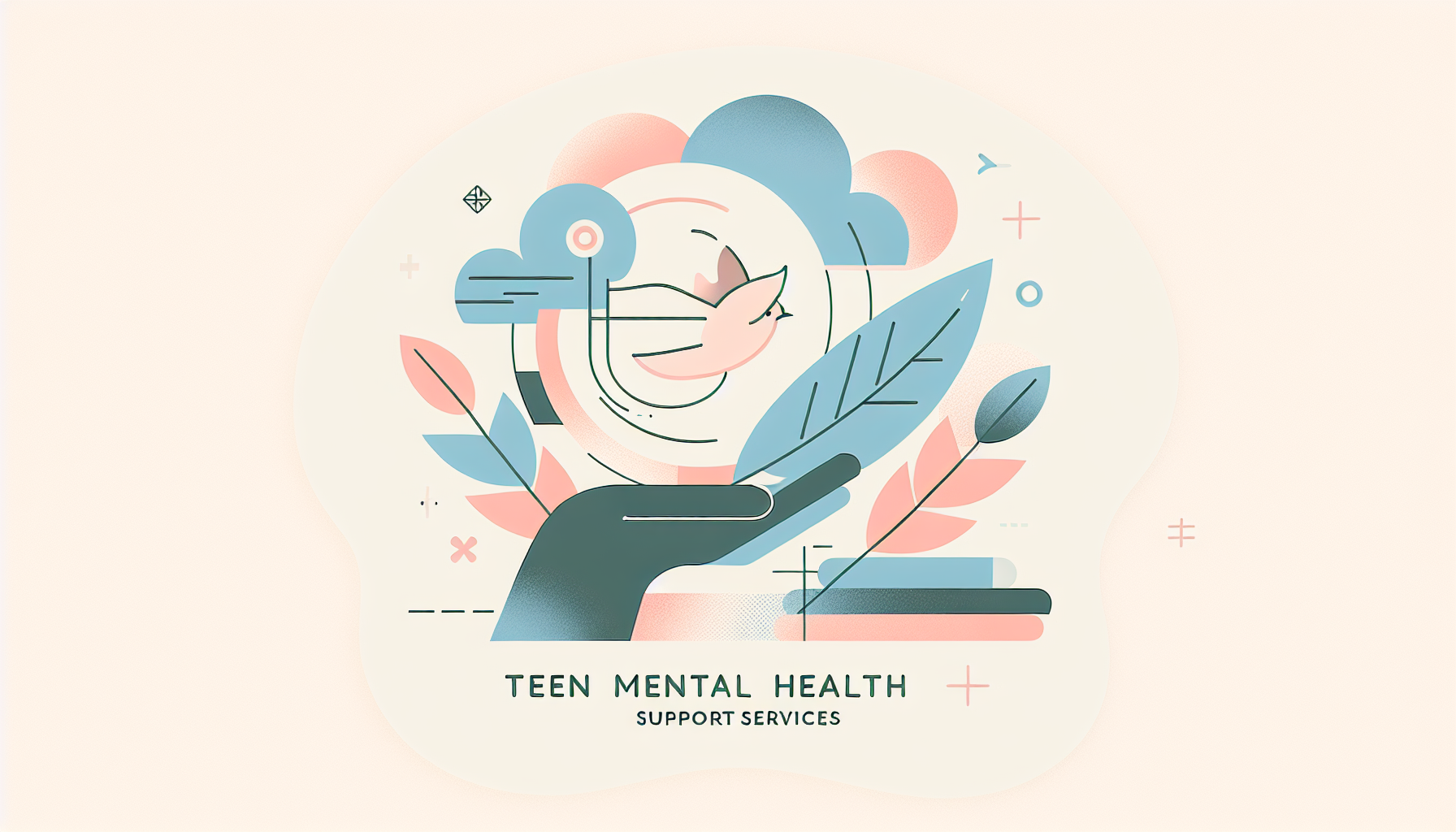


















.jpg)



.avif)


.avif)





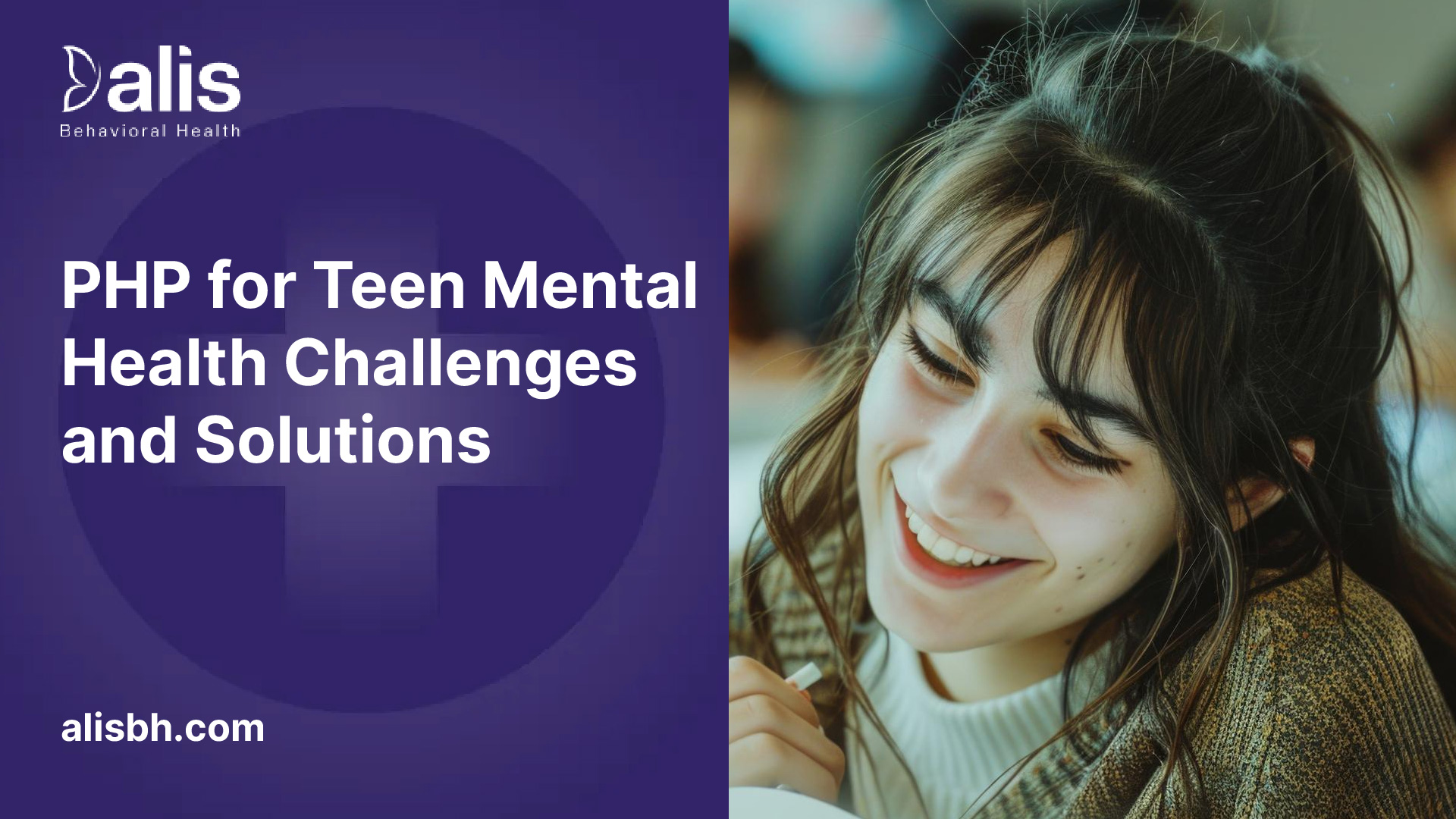

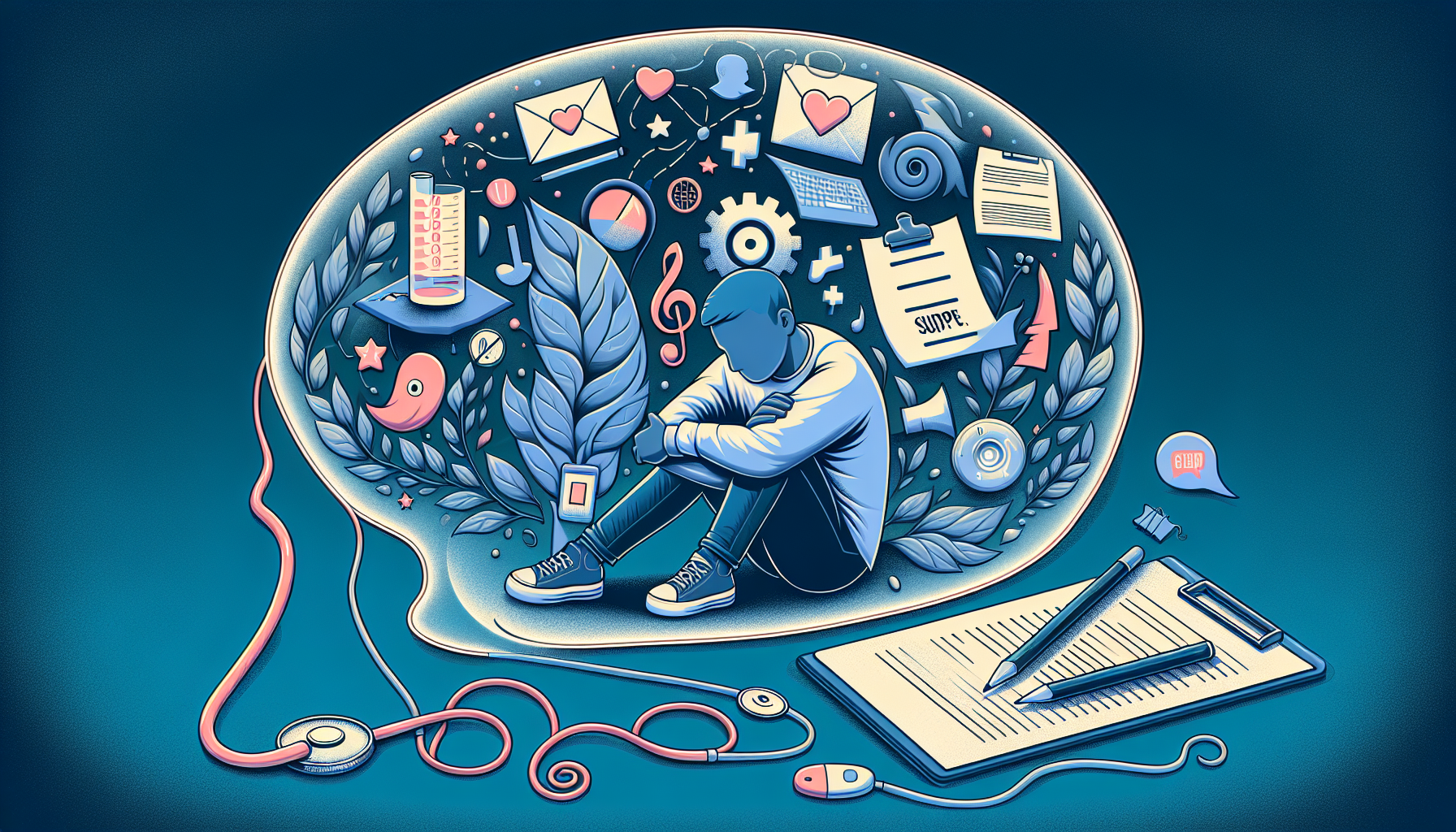



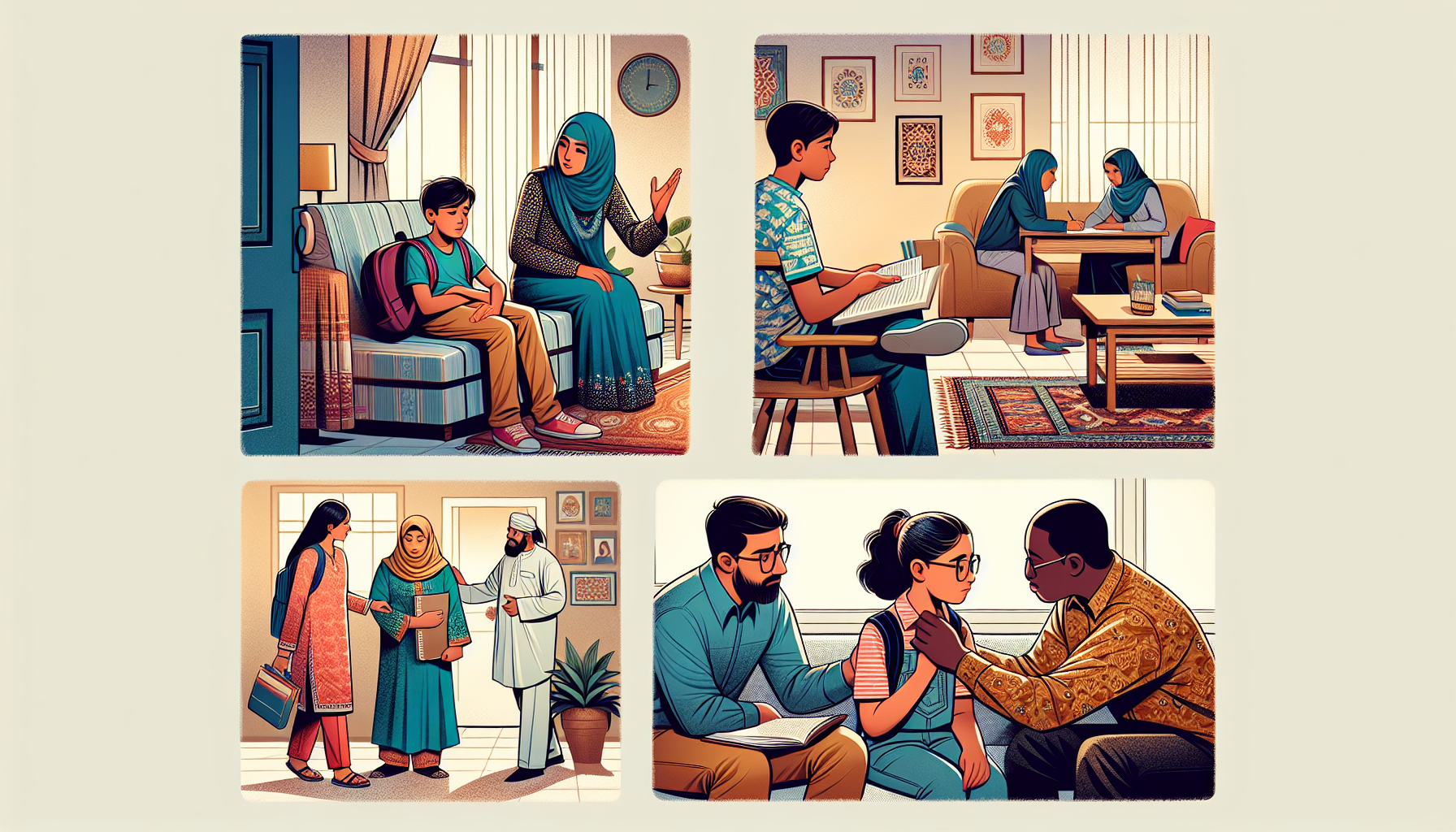

.jpg)



.jpg)









